Japanese sound-symbolic words in global contexts
Por um escritor misterioso
Last updated 19 novembro 2024

This paper explores the global reception and development of the artistic expression of onomatopoeia and mimetic words in modern and contemporary Japanese literary texts adopting the method of comparative literature. By analyzing sound-symbolic words and their translations in modern Japanese poetry and contemporary comics, the intercultural dialogues of these texts are examined and the emergence of hybrid onomatopoeia in global comic works is illuminated. The Japanese language is often noted for its richness of sound-symbolic words. In the literary world, modern poetry adopted and elaborated the use of these words from the late 19th century in its quest for a new style of poetry. In the early 20th century, poets developed the artistic expression of sound-symbolic words and succeeded in giving musicality to the “new-style poem”. However, the translation of Japanese sound-symbolic words has always been problematic. Experimental uses of these words in modern poems were often untranslatable, making the translations incomprehensible or dull. Nevertheless, graphic narratives and their worldwide distribution changed that situation. Japanese comics (manga) has particularly developed the artistic expression of sound-symbolic words. Usually placed outside speech balloons, these words are elaborately depicted and are important elements of the panel/page layout. Notably, the global popularity of the genre developed a new phase of intercultural dialogue. As not every word has an equivalent or is translatable in the target language, translators have left sound-symbolic words untouched in the translated versions, putting translation aside. Thus, the combination of Japanese and the target language seems to influence the visual comprehension of sound effects among the readers. Through the examinations of some cases, this paper brings to light the emergence of some hybrid onomatopoeia and reveals that the “Third Space” formed by the translation and hybridization of manga is a dynamic field that creates a new culture.

When the Japanese language is no longer “kawaii”

Japanese sound-symbolic words in global contexts

It's a Bouba, Not a Kiki: The Relationship Between Sound, Form, and Meaning - Behavioral Scientist

European names in Japanese : r/MapPorn
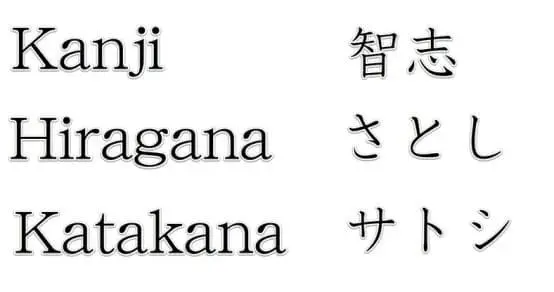
Kanji vs Chinese Characters: A Side-by-Side Comparison

The Meaning of Japanese Patterns, Flowers, Animals, Objects - Polina Couture

PDF) Japanese sound-symbolic words in global contexts: from translation to hybridization
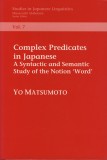
The Sound-Symbolic System of Japanese Three case studies of two early bilingual children|くろしお出版WEB
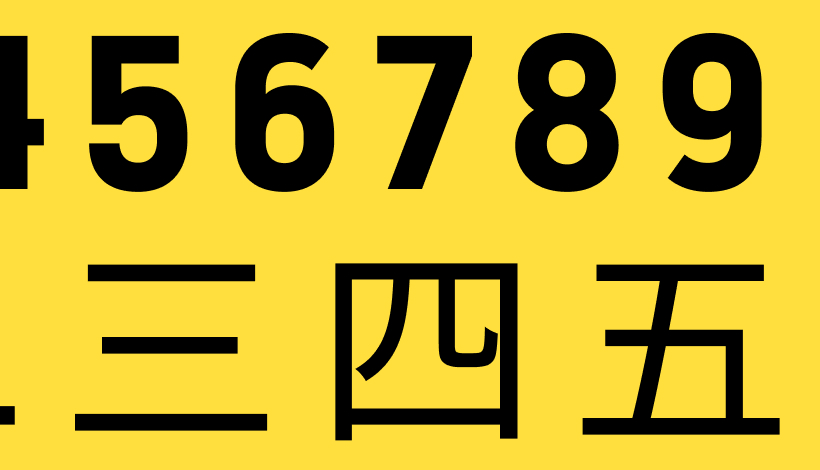
Learn Numbers in Japanese: How to Count From 1-100

Japanese language - Wikipedia

Japanese Culture Facts Japanese Learners Should Know
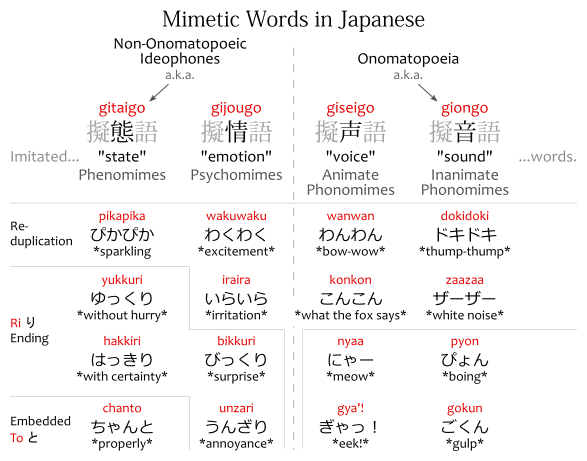
Mimetic Words Japanese with Anime
Recomendado para você
-
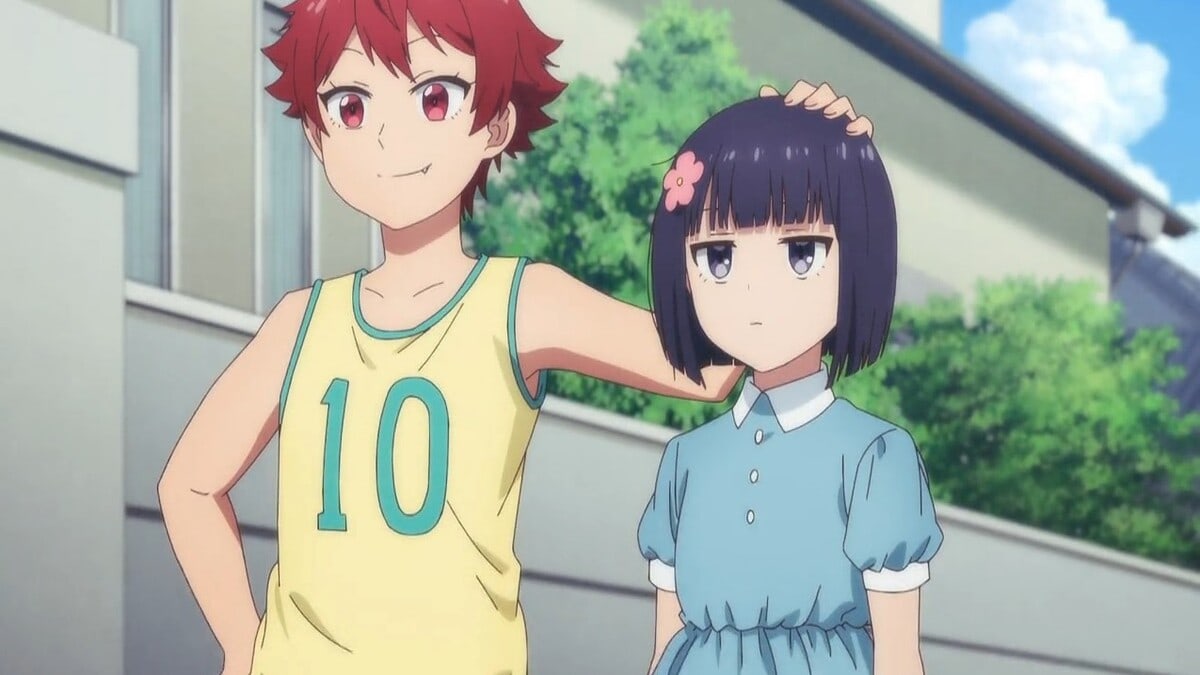 Revisão do episódio 7 de Tomo-chan Is a Girl: Beach Day - All Things Anime19 novembro 2024
Revisão do episódio 7 de Tomo-chan Is a Girl: Beach Day - All Things Anime19 novembro 2024 -
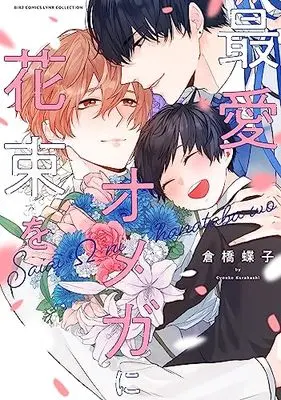 Top 100 Manga Vol.1 Released Jun-202319 novembro 2024
Top 100 Manga Vol.1 Released Jun-202319 novembro 2024 -
 Guia de Animes de Janeiro/Inverno de 2022 - Manga Livre RS19 novembro 2024
Guia de Animes de Janeiro/Inverno de 2022 - Manga Livre RS19 novembro 2024 -
 Jigokuraku - Ler mangá online em Português (PT-BR)19 novembro 2024
Jigokuraku - Ler mangá online em Português (PT-BR)19 novembro 2024 -
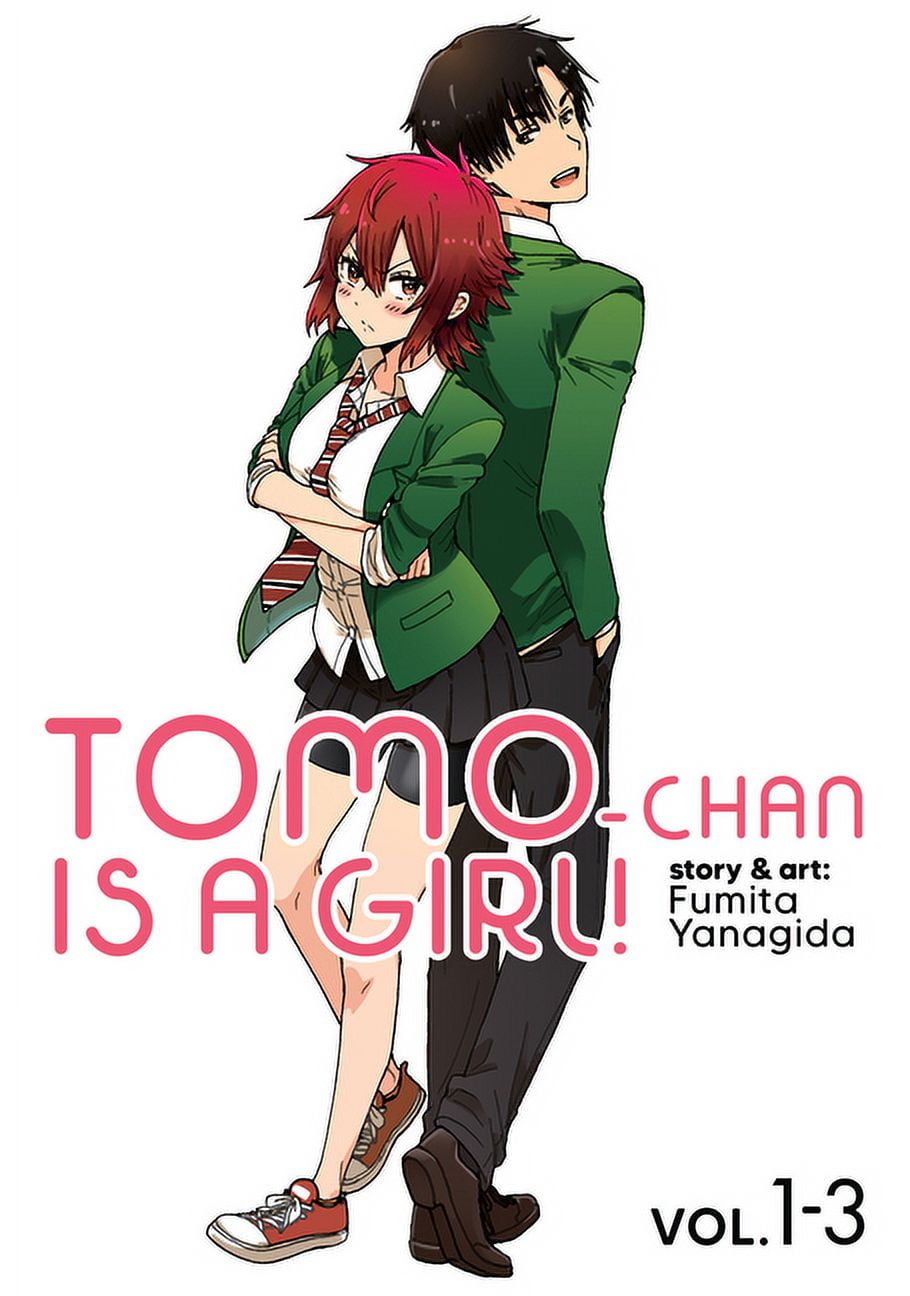 Tomo-chan is a Girl!: Tomo-chan is a Girl! Volumes 1-3 (Omnibus Edition) (Paperback)19 novembro 2024
Tomo-chan is a Girl!: Tomo-chan is a Girl! Volumes 1-3 (Omnibus Edition) (Paperback)19 novembro 2024 -
 Uzaki-chan Wants to Hang Out! Vol. 9 (Paperback)19 novembro 2024
Uzaki-chan Wants to Hang Out! Vol. 9 (Paperback)19 novembro 2024 -
 Tenkou-saki no Seiso – Novel sobre garoto reencontrando amiga de19 novembro 2024
Tenkou-saki no Seiso – Novel sobre garoto reencontrando amiga de19 novembro 2024 -
 Pôster Tomo-chan é uma garota! -Sua loja alternativa de anime19 novembro 2024
Pôster Tomo-chan é uma garota! -Sua loja alternativa de anime19 novembro 2024 -
![AmiAmi [Character & Hobby Shop] Pichi Pichi Pitch Lucia Nanami](https://img.amiami.com/images/product/review/231/GOODS-04315587_01.jpg) AmiAmi [Character & Hobby Shop] Pichi Pichi Pitch Lucia Nanami19 novembro 2024
AmiAmi [Character & Hobby Shop] Pichi Pichi Pitch Lucia Nanami19 novembro 2024 -
 Anime tomo-chan é uma menina t camisa casual manga curta19 novembro 2024
Anime tomo-chan é uma menina t camisa casual manga curta19 novembro 2024
você pode gostar
-
 Coub - The Biggest Video Meme Platform19 novembro 2024
Coub - The Biggest Video Meme Platform19 novembro 2024 -
 Shoujo Crave on X: Niehime to Kemono no Ou episode 1 preview19 novembro 2024
Shoujo Crave on X: Niehime to Kemono no Ou episode 1 preview19 novembro 2024 -
 Funko Five Nights at Freddy's Scare-in-The-Box Game : Toys & Games19 novembro 2024
Funko Five Nights at Freddy's Scare-in-The-Box Game : Toys & Games19 novembro 2024 -
 Dark Anime girl (@OceonKawai) / X19 novembro 2024
Dark Anime girl (@OceonKawai) / X19 novembro 2024 -
 Goku Vegeta Gogeta Super Saiyan Bio Broly PNG, Clipart, Art, Bio19 novembro 2024
Goku Vegeta Gogeta Super Saiyan Bio Broly PNG, Clipart, Art, Bio19 novembro 2024 -
 Runner's World's Training Pace Calculator19 novembro 2024
Runner's World's Training Pace Calculator19 novembro 2024 -
 Top 9 - Melhores Filmes Pokémon19 novembro 2024
Top 9 - Melhores Filmes Pokémon19 novembro 2024 -
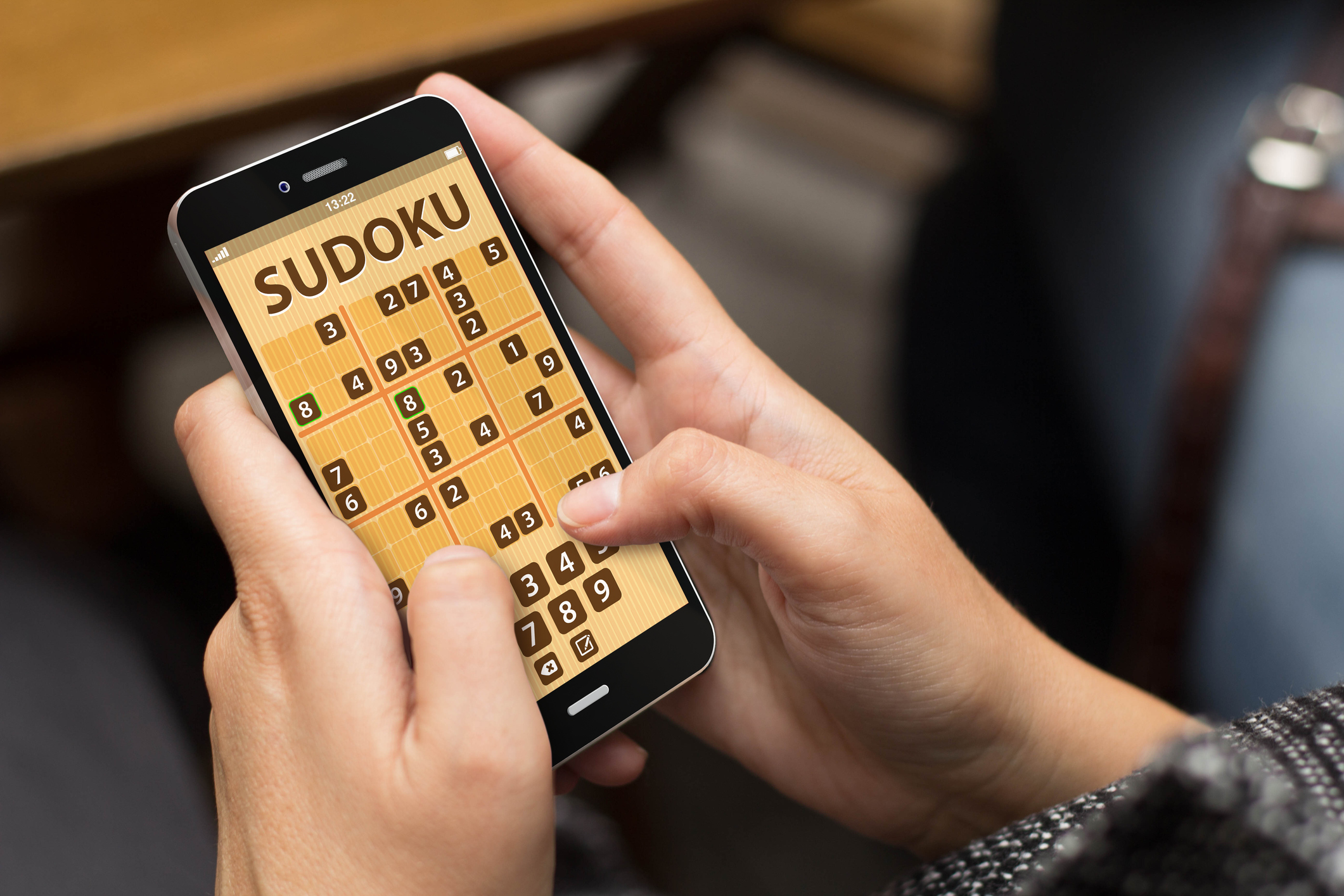 Entretenimento na terceira idade: 7 jogos gratuitos para19 novembro 2024
Entretenimento na terceira idade: 7 jogos gratuitos para19 novembro 2024 -
 An Overview of the Solarpunk Aesthetic, Sound of Life19 novembro 2024
An Overview of the Solarpunk Aesthetic, Sound of Life19 novembro 2024 -
Download My Little Pony Transparent Image HQ PNG Image19 novembro 2024